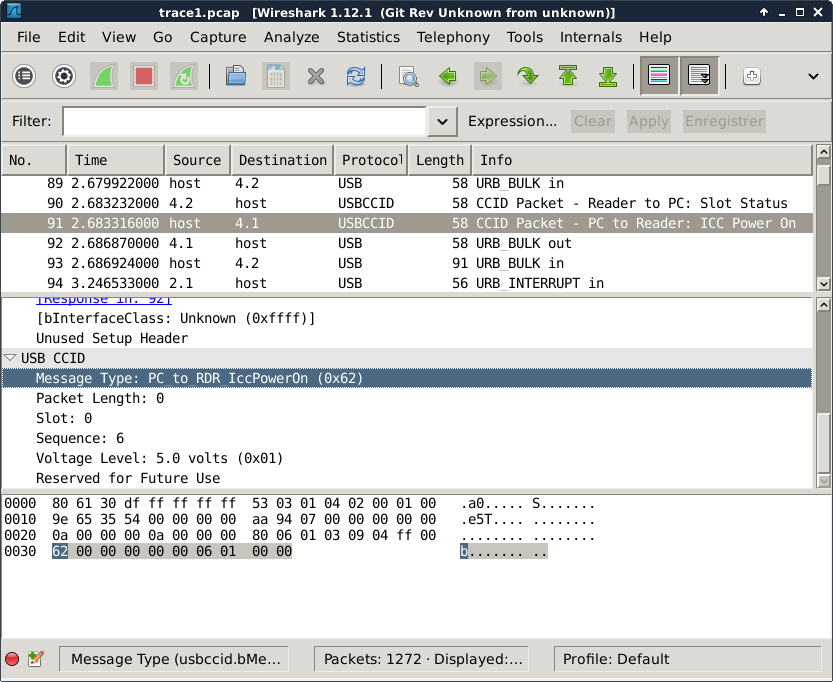

Traceroute to 192.0.2.55 (192.0.2.55), 32 hops max, 72 byte packetsįor details about CLI commands, see the FortiWeb CLI Reference:įor details about troubleshooting connectivity, see Connectivity issues.īoth ping and traceroute require that network nodes respond to ICMP. If the host is not reachable, you can use traceroute to determine the router hop or host at which the connection fails: You can do this from the FortiWeb appliance using CLI commands.įor example, you might use ping to determine that 192.0.2.87 is reachable: If your FortiWeb appliance cannot connect to other hosts, try using ICMP ( ping and traceroute) to determine if the host is reachable or to locate the node of your network at which connectivity fails, such as when static routes are incorrectly configured. Some CLI commands provide troubleshooting information not available through the web UI third-party tools on external hosts can test connections from perspectives that cannot be achieved locally. Troubleshooting methods and tips may use: Sudo tcpdump -i eth0 -w "data.`date +%Y-%m-%d\ %H.%M`.To locate network errors and other issues that may prevent connections from passing to or through the FortiWeb appliance, FortiWeb appliances feature several troubleshooting tools. #The following command will create a files that has in its name the current date and time using the date function. Note: If you just want to capture network traffic on a network interface and not use the additional features wireshark has to offer, you can also use tcpdumpas follows Using tshark to capture all traffic on eth0 to a pcap file

TShark is able to detect, read and write the same capture files that are supported by Wireshark.įrom: man tshark Install tshark on Ubuntu

It will use the pcap library to capture traffic from the first available network interface and displays a summary line on stdout for each received packet.

Without any options set, TShark will work much like tcpdump. TShark‘s native capture file format is pcap format, which is also the format used by tcpdump and various other tools. It lets you capture packet data from a live network, or read packets from a previously saved capture file, either printing a decoded form of those packets to the standard output or writing the packets to a file. Recently, we wanted to use wireshark on an Ubuntu through ssh and no X-Server forwarding enabled. 22 June 2017 in GNU/Linux tagged headless / pcap / tcpdump / terminal / tshark / ubuntu / wireshark by Tux


 0 kommentar(er)
0 kommentar(er)
